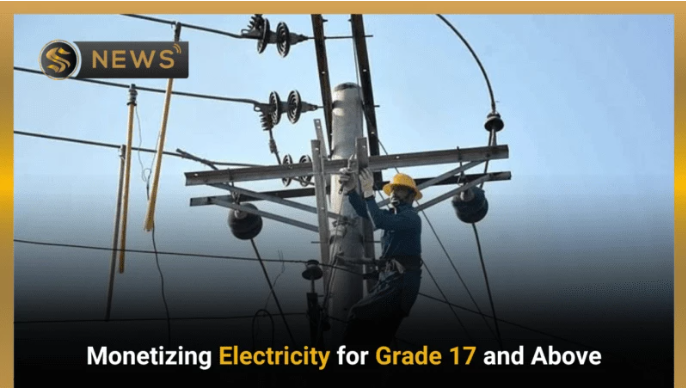
Share This Story, Choose Your Platform!
A Deep Dive into Pakistan’s Tax Landscape: Types, Trends, and Latest Updates
Taxes, the lifeblood of any nation, play a crucial role in Pakistan’s economic ecosystem. From funding public services to driving infrastructure development, they fuel progress and stability. But with a complex and diverse tax system, understanding the intricacies can be daunting. This blog delves into the different types of taxes in Pakistan, exploring their latest trends and figures.
Income Tax:
The crown jewel of Pakistan’s tax system, income tax, generates the lion’s share of revenue. Individuals, corporations, and businesses are taxed based on their annual income, with rates varying depending on income brackets. Recent updates include tax relief measures for low-income earners and increased focus on broadening the tax base through formalization initiatives.
Sales Tax:
A ubiquitous presence in everyday transactions, sales tax is levied on the sale of goods and services. The standard rate stands at 18%, but luxury items can attract rates as high as 25%. Recent years have seen a push towards automation and digitalization of the sales tax system to enhance efficiency and reduce leakages.
Federal Excise Duty (FED):
Specific goods and services bear the brunt of FED, a tax levied on production and consumption within Pakistan. Cigarettes, cement, sugar, beverages, and petroleum products are just some examples. While FED contributes significantly to revenue, concerns about its impact on essential goods and its potential to distort market prices remain a topic of debate.
You May Also Read
The Monetization Of Free Electricity Units For Government Employees
Customs Duty:
Acting as a gatekeeper for international trade, customs duty is imposed on imported goods. Rates vary depending on the type of product and are set by the government. Recent policy changes have aimed at promoting local manufacturing and reducing reliance on imports, impacting the customs duty landscape.
Capital Gains Tax:
Profiting from the sale of assets like property, shares, and securities comes with the obligation to pay capital gains tax. Rates differ based on the asset type and holding period. The government has actively engaged in streamlining capital gains tax regulations to improve transparency and boost compliance.
Property Tax:
Local governments levy property tax on the value of land and buildings. While crucial for local development, property tax assessments and collection often face challenges due to outdated valuation systems and inefficiencies in administration. The government is actively working on property tax reforms to address these issues.
Withholding Tax:
This tax, deducted at the source of income, ensures timely tax collection on salaries, dividends, and interest payments. Withholding tax rates vary depending on the type of payment and the recipient’s status. Recent reforms have focused on expanding the scope of withholding tax to capture more income into the formal tax net.
Beyond the Types:
The Pakistani tax landscape is constantly evolving. Here are some key trends and updates:
- Digitalization: Embracing technology, the government is actively digitizing tax processes for increased transparency and efficiency.
- Tax amnesty schemes: Periodic incentives are offered to encourage individuals and businesses to declare previously undisclosed income and assets, boosting tax compliance.
- Focus on broadening the tax base: Initiatives to formalize the economy and bring more individuals and businesses into the tax net are gaining momentum.
- Interprovincial coordination: Efforts are underway to harmonize tax policies and procedures across different provinces to create a more unified tax system.
Staying Informed:
Keeping abreast of the latest developments in Pakistan’s tax system is crucial for individuals and businesses alike. Resources like the Federal Board of Revenue (FBR) website and tax consultants can provide valuable guidance.
Navigating Pakistan’s Evolving Tax Landscape
Pakistan’s tax system, while intricate, demonstrates adaptability to the demands of its dynamic economy. By comprehending the diverse tax categories, staying abreast of the latest trends, and recognizing government reform endeavors, individuals can effectively navigate the complexity of the tax landscape. Building a culture of tax compliance and actively supporting governmental initiatives are pivotal steps toward fostering a sustainable and equitable tax system. Together, we can contribute to shaping a more efficient and fair tax framework for the future of Pakistan.




